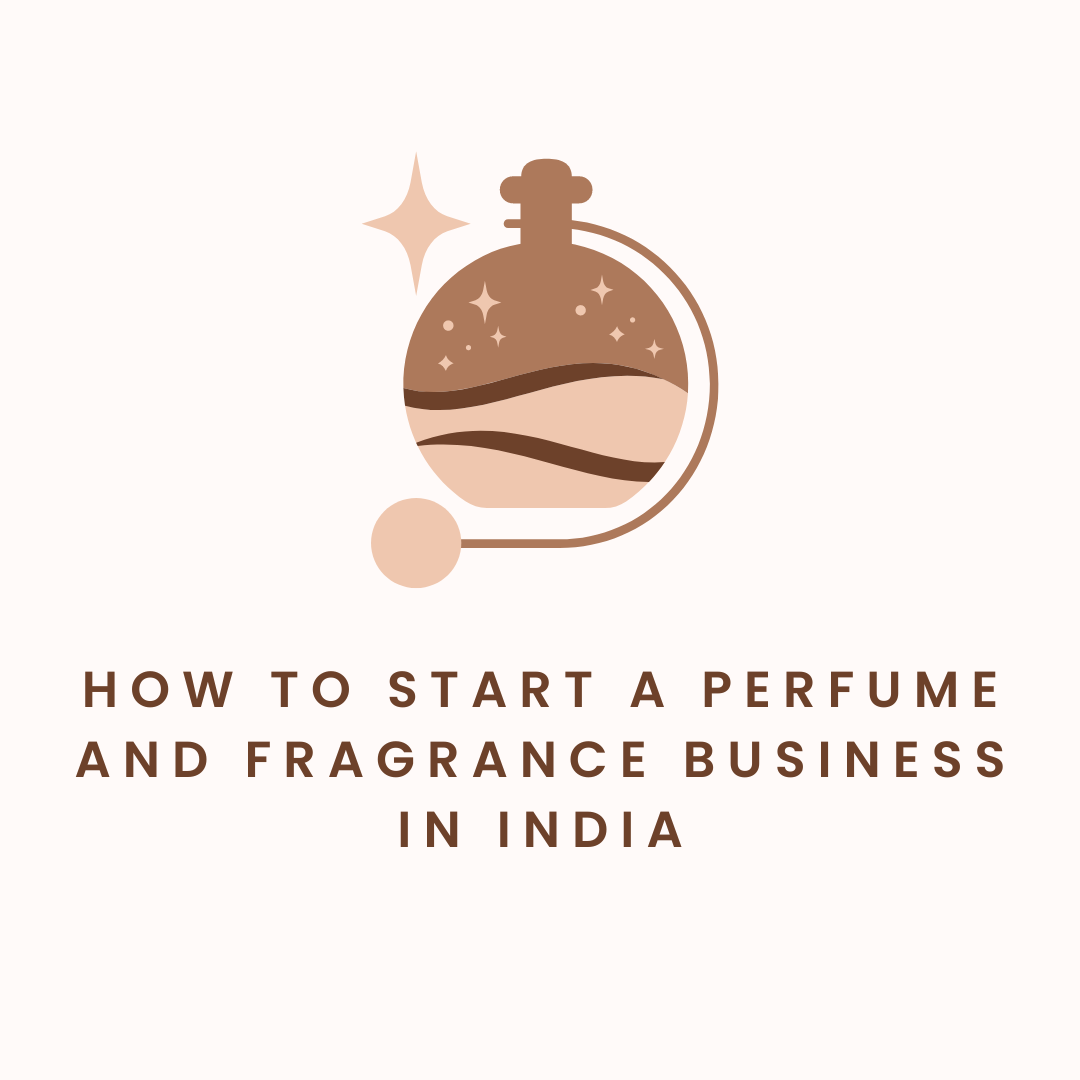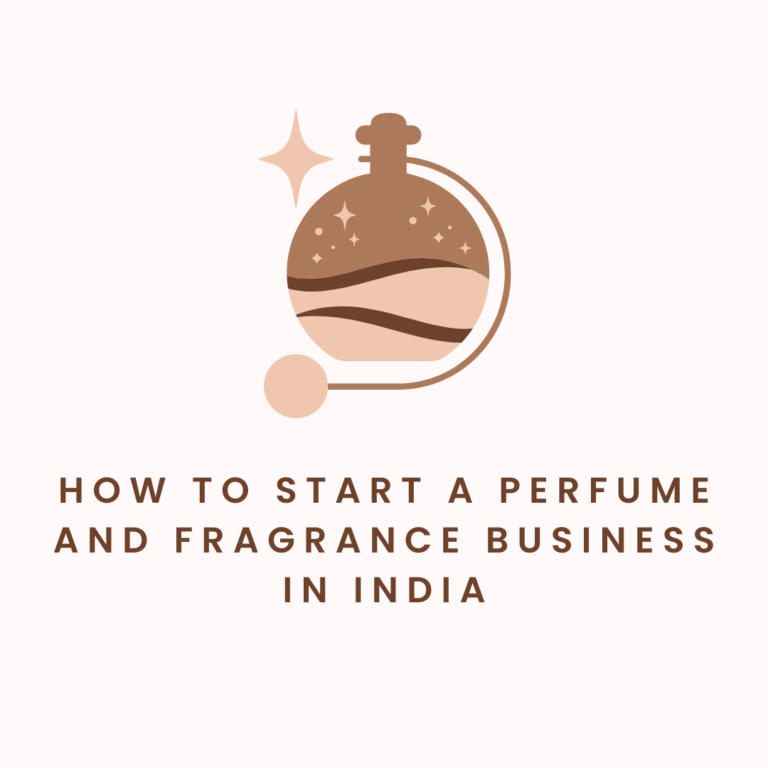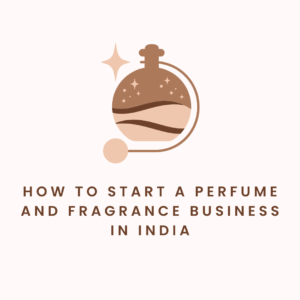India has a rich history and cultural heritage when it comes to fragrances and perfumes. From ancient times, the use of aromatic herbs, flowers, and spices has been an integral part of Indian traditions, rituals, and daily life.
In recent years, the perfume and fragrance industry in India has witnessed significant growth, driven by changing consumer preferences, rising disposable incomes, and a growing awareness of personal grooming and hygiene.
How to Start a Perfume and Fragrance Business in India
This article provides an overview of the perfume and fragrance business in India, highlighting its market potential, key players, challenges, and future prospects.
Market Potential
The perfume and fragrance market in India has experienced remarkable growth in recent years. The increasing emphasis on personal care, grooming, and the desire to enhance one’s individuality has contributed to the growing demand for perfumes and fragrances.
The Indian consumer’s willingness to experiment with different scents and brands has opened up avenues for both domestic and international perfume companies to establish their presence in the market.
The Indian perfume market can be categorized into various segments based on price range, product type, and distribution channels. From premium luxury perfumes to affordable mass-market fragrances, there is a wide range of options available to cater to diverse consumer preferences and budgets.
Furthermore, the market has witnessed the emergence of niche and artisanal perfumers who focus on creating unique and exclusive scents targeted at discerning consumers.
Key Players
Several domestic and international players have established their presence in the Indian perfume and fragrance market. International brands such as Chanel, Dior, Gucci, Versace, and Calvin Klein have a strong foothold in the premium segment, offering a wide range of fragrances through their exclusive stores and distribution channels.
At the same time, Indian perfume brands have gained prominence and recognition for their quality products and affordable pricing. Companies like Forest Essentials, Titan Skinn, All Good Scents, and Ajmal Perfumes have successfully tapped into the Indian market by catering to local tastes and preferences.
Challenges
The perfume and fragrance business in India also faces various challenges that need to be addressed for sustained growth. Some of the key challenges include:
- Counterfeit Products: The presence of counterfeit perfumes in the market poses a significant challenge for both consumers and legitimate perfume manufacturers.
These counterfeit products not only affect brand reputation but also compromise consumer safety. Effective measures need to be taken to curb the production and distribution of counterfeit perfumes.
- Regulatory Compliance: The perfume industry is subject to various regulations and compliance requirements, such as safety standards, labeling, and import regulations. Adhering to these regulations can be a complex process, especially for small-scale perfume manufacturers or importers.
Streamlining regulatory processes and providing clarity can facilitate business operations and ensure consumer safety.
- Distribution Network: Developing an efficient and widespread distribution network is crucial for reaching consumers across different regions of India.
The country’s vast geographical expanse and diverse consumer preferences present logistical challenges for perfume companies.
Building strong partnerships with distributors, retailers, and e-commerce platforms can help overcome these challenges and ensure efficient distribution.
- Brand Awareness and Education: Educating consumers about different fragrance families, notes, and the art of perfumery is essential for fostering a discerning market and encouraging brand loyalty.
Increasing awareness through marketing campaigns, product demonstrations, and collaborations with influencers or celebrities can contribute to brand building and customer engagement.
Future Prospects
The future of the perfume and fragrance business in India looks promising. Factors such as a growing middle class, increasing urbanization, and the influence of social media are expected to drive further growth in the market.
Additionally, the rise of e-commerce platforms has made perfumes more accessible to consumers across the country, even in remote areas.
With the increasing focus on sustainability and natural ingredients, there is also a growing demand for organic and eco-friendly perfumes.
Perfume manufacturers that adopt environmentally friendly practices and offer sustainable products are likely to find a receptive market in India.
Moreover, the rise of personalized fragrances and customization options presents an exciting opportunity for perfume companies to tap into the Indian market.
By allowing consumers to create their unique scent combinations or offering personalized consultations, companies can cater to individual preferences and create a sense of exclusivity.
10 facts about Perfume and Fragrance Business in India
Here are 10 facts about the perfume and fragrance business in India:
- Market Growth: The perfume and fragrance market in India has been experiencing robust growth, with a CAGR (Compound Annual Growth Rate) of around 17% in recent years.
- Rising Disposable Income: The increasing disposable income of the middle class in India has contributed to the growth of the perfume industry, as consumers are willing to spend more on personal grooming and luxury products.
- Cultural Significance: Fragrances hold immense cultural significance in India, being an integral part of religious ceremonies, festivals, and traditional rituals. This cultural association has influenced the popularity and demand for perfumes and fragrances in the country.
- Shift in Consumer Preferences: There has been a noticeable shift in consumer preferences towards premium and niche fragrances. Consumers are becoming more discerning, seeking unique scents and higher-quality products.
- Preference for Natural and Organic: With growing awareness about health and sustainability, there is an increasing demand for natural and organic perfumes in India. Consumers are seeking fragrances made from natural ingredients and free from harmful chemicals.
- Celebrity Endorsements: Celebrity endorsements play a significant role in promoting perfumes in India. Many popular Bollywood actors and actresses endorse fragrance brands, which influences consumer choices and brand perception.
- Rise of Artisanal Perfumers: The market has witnessed the emergence of artisanal perfumers who focus on creating unique, handcrafted fragrances. These perfumers cater to niche markets and offer exclusive scents that appeal to fragrance enthusiasts.
- Online Retail Boom: The rise of e-commerce platforms has revolutionized the perfume industry in India. Online retail allows consumers to access a wide range of perfumes, compare prices, and read reviews, leading to increased convenience and accessibility.
- Growing Male Consumer Base: Traditionally, the perfume market in India was primarily targeted at women. However, there has been significant growth in the male consumer base, with more men embracing perfumes and fragrances as part of their grooming routine.
- International Presence: International perfume brands have recognized the market potential in India and have expanded their presence in the country.
Luxury brands such as Chanel, Dior, and Gucci have established exclusive stores and counters in major cities to cater to the growing demand.
These facts highlight the vibrant and evolving nature of the perfume and fragrance business in India, driven by changing consumer preferences, increased awareness, and a thriving market.







Perfume and Fragrance Business in India(Case Study)